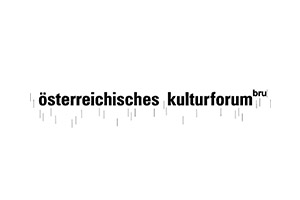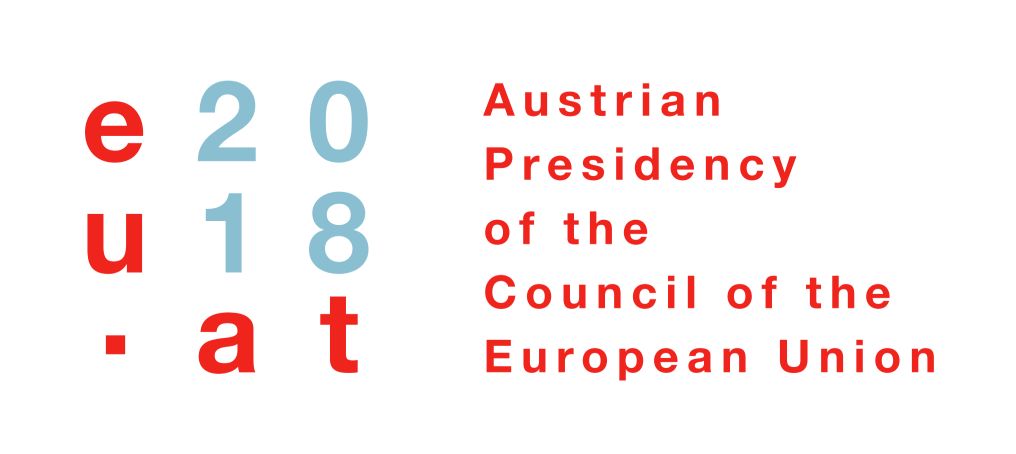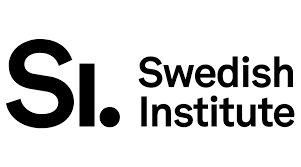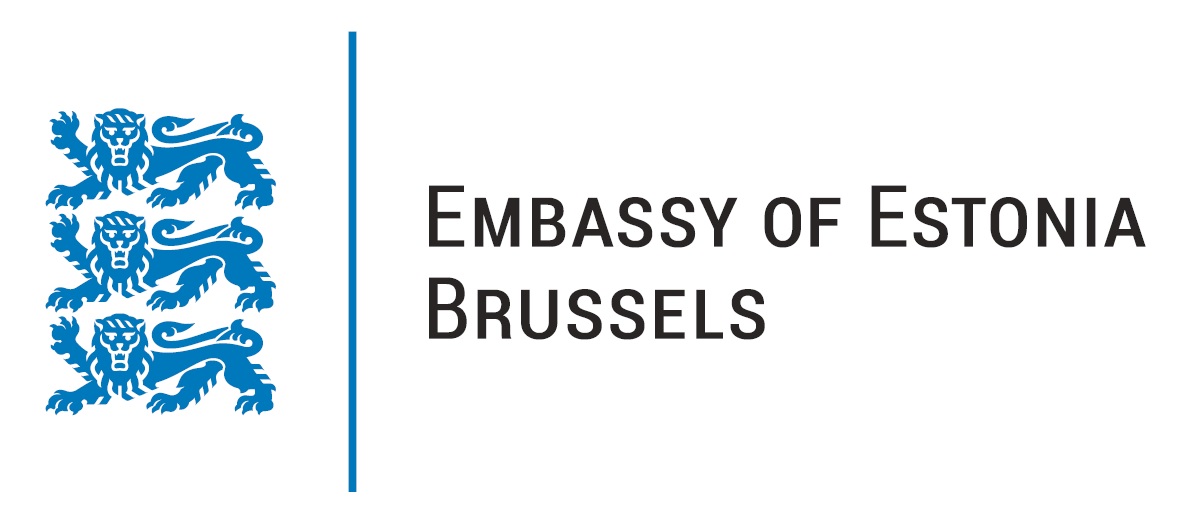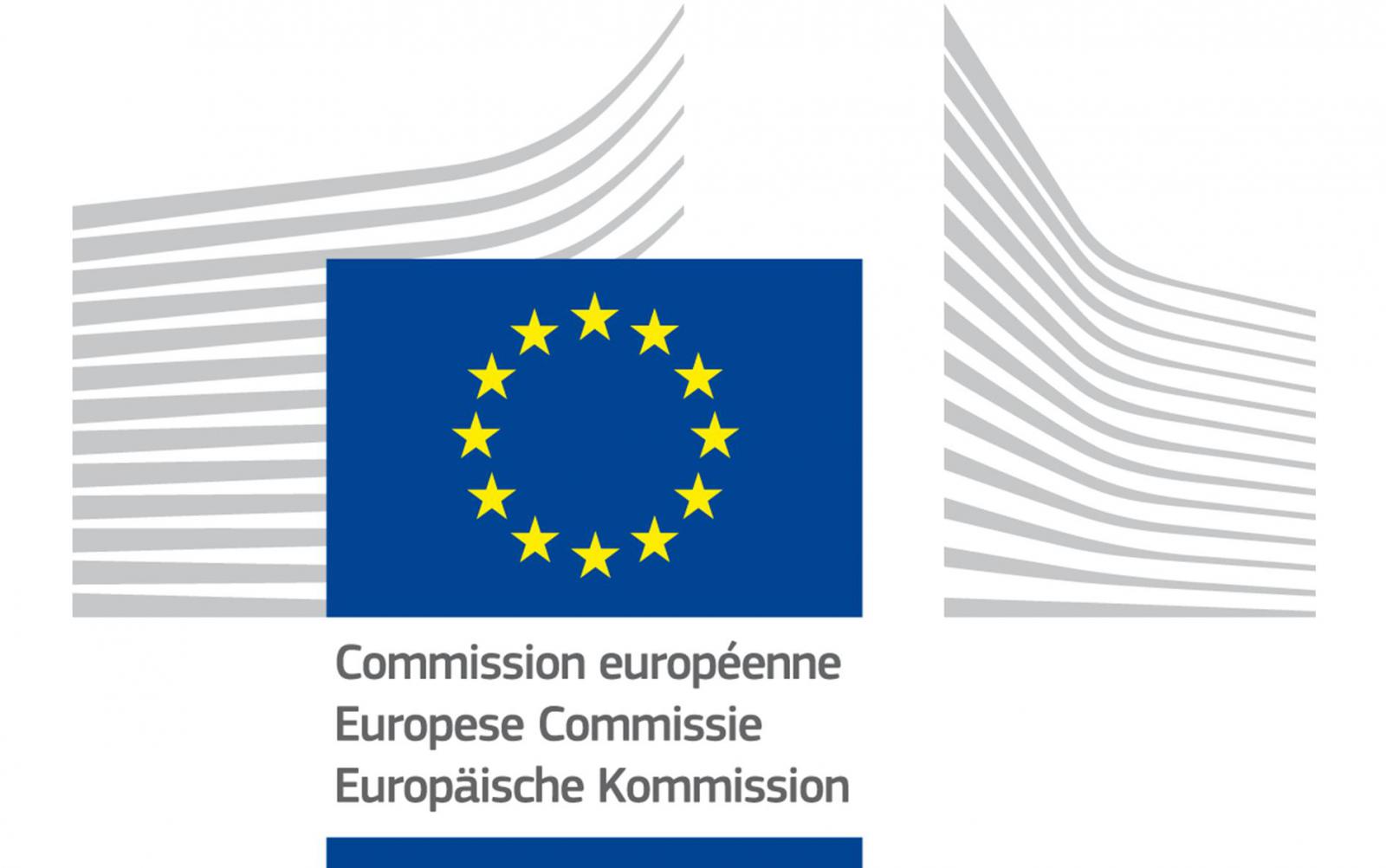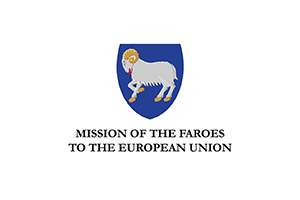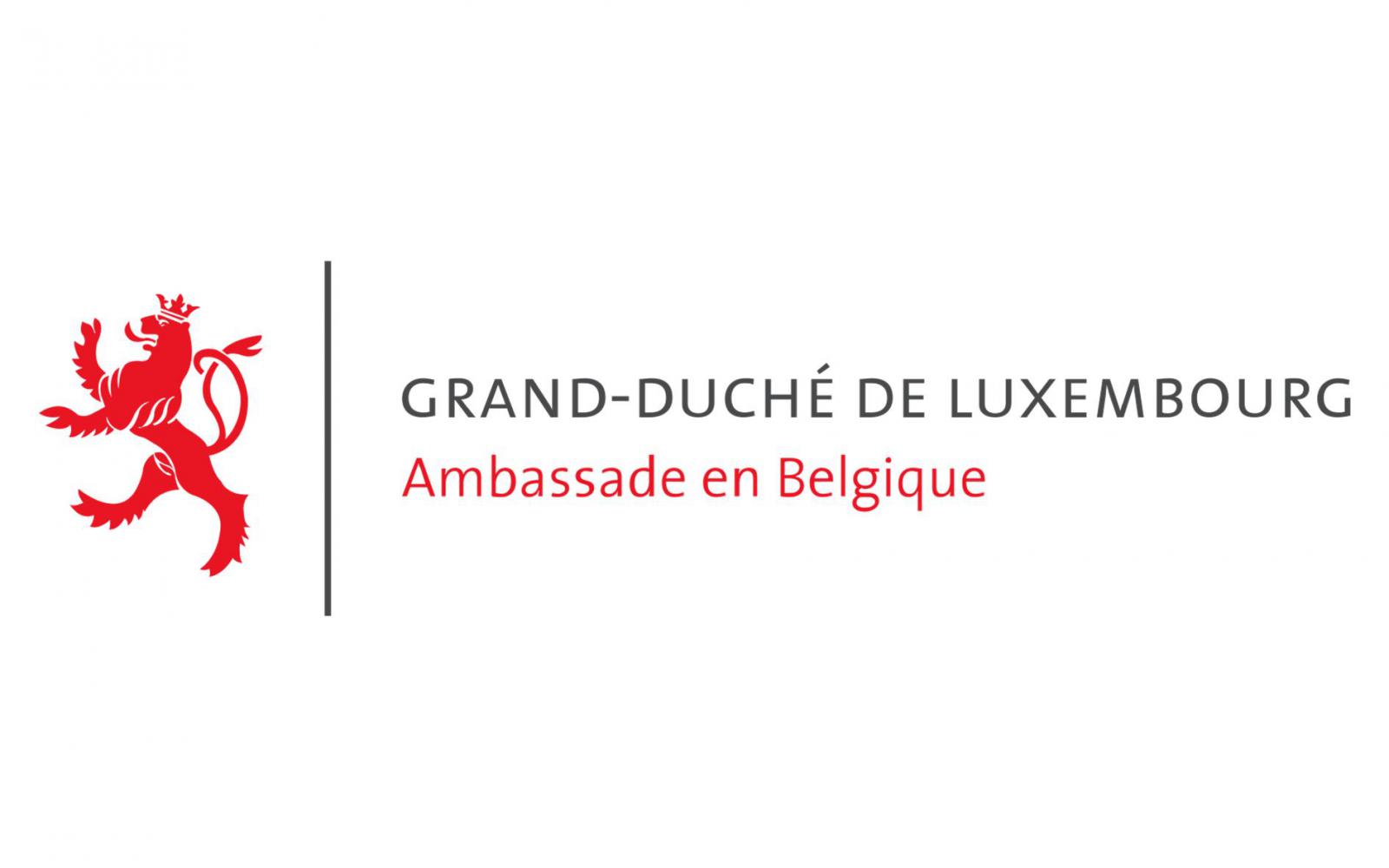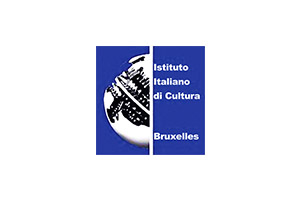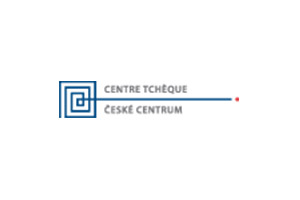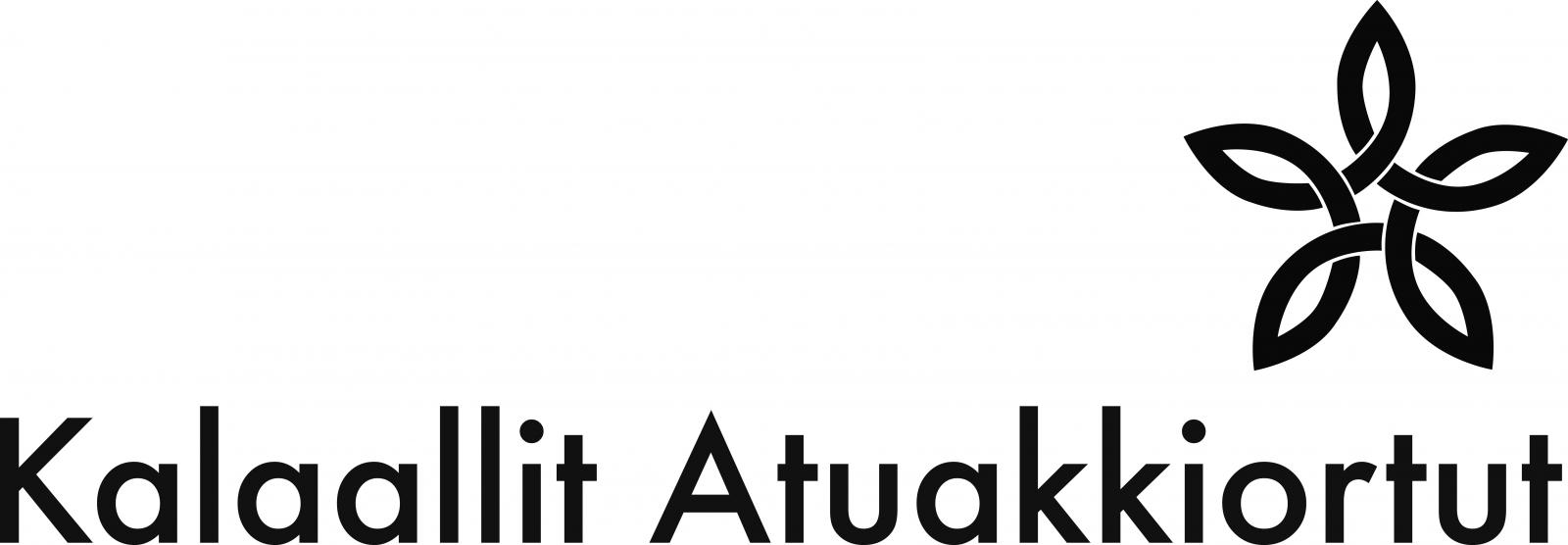Find a poet
Latest updates
-
TRANSPOESIE 2025
09/24/2025 -
Transpoesie 2025 - Programme
09/24/2025 -
Transpoesie 2025 - Open Call
04/16/2025
Bernardo ATXAGA
BERNARDO ATXAGA (b. 1951) has become the most internationally renowned Basque author thanks to his narrative works (especially books such as Obabakoak (Hutchinson, 1992) and The Lone Man (Harvill, 1996)), but he is also an exceptional poet. His works of poetry have received many awards and have been widely translated (see his biographical note) and he has also been a great influence in the evolution of contemporary Basque poetry. His poetry collection, Etiopia, was published by POTT in 1978 and took the literary establishment of the time by storm.
Etiopia could be defined as a collage of poems and stories with a circular structure. Two narratives open and close the book and in between, as in Dante’s famous book, a Utopian journey to Ethiopia is laid out in nine circles of sand. In that sand the reader will find all the historical patrimony that forms the basis of Western culture. Thus Atxaga addresses the tedium brought about by the end of modernity, the impossibility of addressing poetic language itself, or what has been referred to as “the poetics of silence”, which Mallarmé pioneered, and the impossibility of which was revealed by Wittgenstein’s final assertion in his Tractatus. In Etiopia, Atxaga wants to revolutionise a poetic language saturated with rhetoric, and for this reason he announces that the silence-filled carriages arrive to join the fight against adjectives. There are ways to mock the sterility of language, to deny the Romantics’ idealised assertions, and Atxaga borrows from the spirit of Dadaism and invokes it in the scattered “blah, blah, blahs” and “etceteras” of his poetry. He also includes references to comics, pop music, film or contemporary jingles in his poems. This is why we empathise with the lost protagonist in that labyrinthine city of expressionist and dramatic qualities. The poet’s travelling companions are Nerval, Rigaut, Rimbaud and Cravan, who also tried to escape from the finality of the city, of language. Etiopia is characterised by savage irony, tenderness and the desire to break away from the poetry of the modernist tradition.
With the years, Atxaga’s poetry became more “original” in Chesterton’s sense of the word: it began to seek the origins of things. Freed from the baroque and far removed from the dramatics of his previous work, Atxaga, in Poemas & Híbridos (1990), tries to recover poetry’s essence. For this purpose, he tears up the non-neutral, topical language that is traditionally used in poetry and mixes it with Dadaist strategies, with the primitive and the infantile. From then on, love and tenderness reign in the author’s universe; but more importantly, he feels the need to distance himself from any sort of elitist conception about poetry-making and from pompous, affected poetry by introducing humour – or, as Barthes would say, the gag.9 This use of humour made the poems in Poemas & híbridos less dramatic. The use of the first person extends to his poems, and he makes use of literary devices such as parallelism and repetition, both of which are widely used in the poetry of oral tradition and in song. The poetry of Poemas & híbridos is sensitive and natural; it is close to song, wants to recover an innocent way of looking at the world. This is precisely what the poem ‘The Tale of the Hedgehog’ offers us, whereas in poems such as ‘Silly Song’, humanity’s inevitable tragic end is transformed through humour.
Olaziregi, M.J. (Ed)., Six Basque Poets, Todmorden: Arc Publishers, 2006

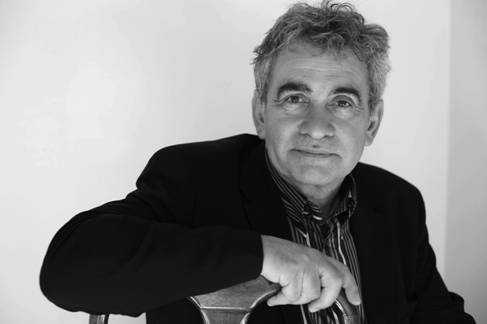
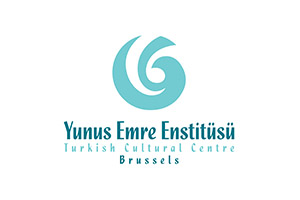
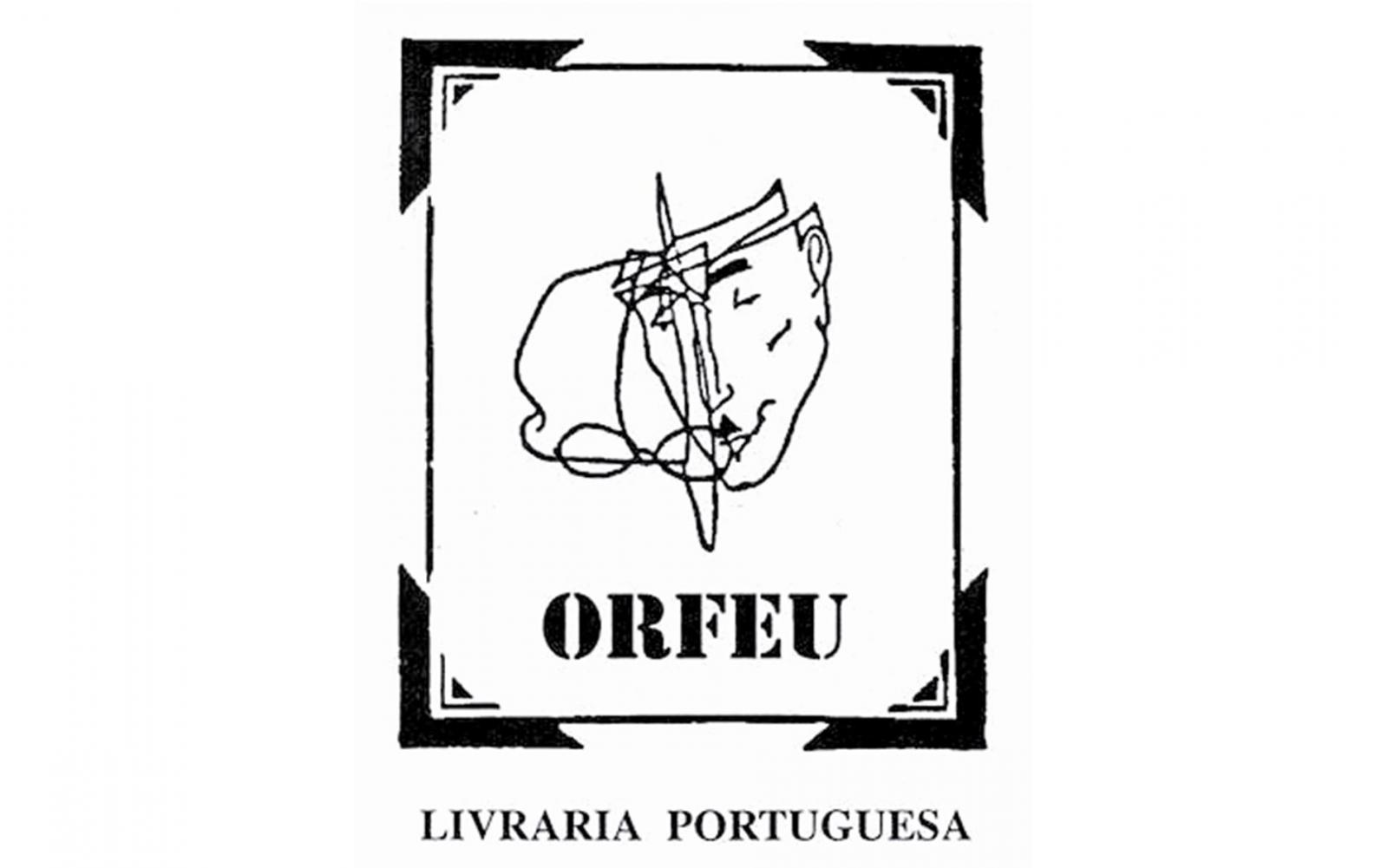
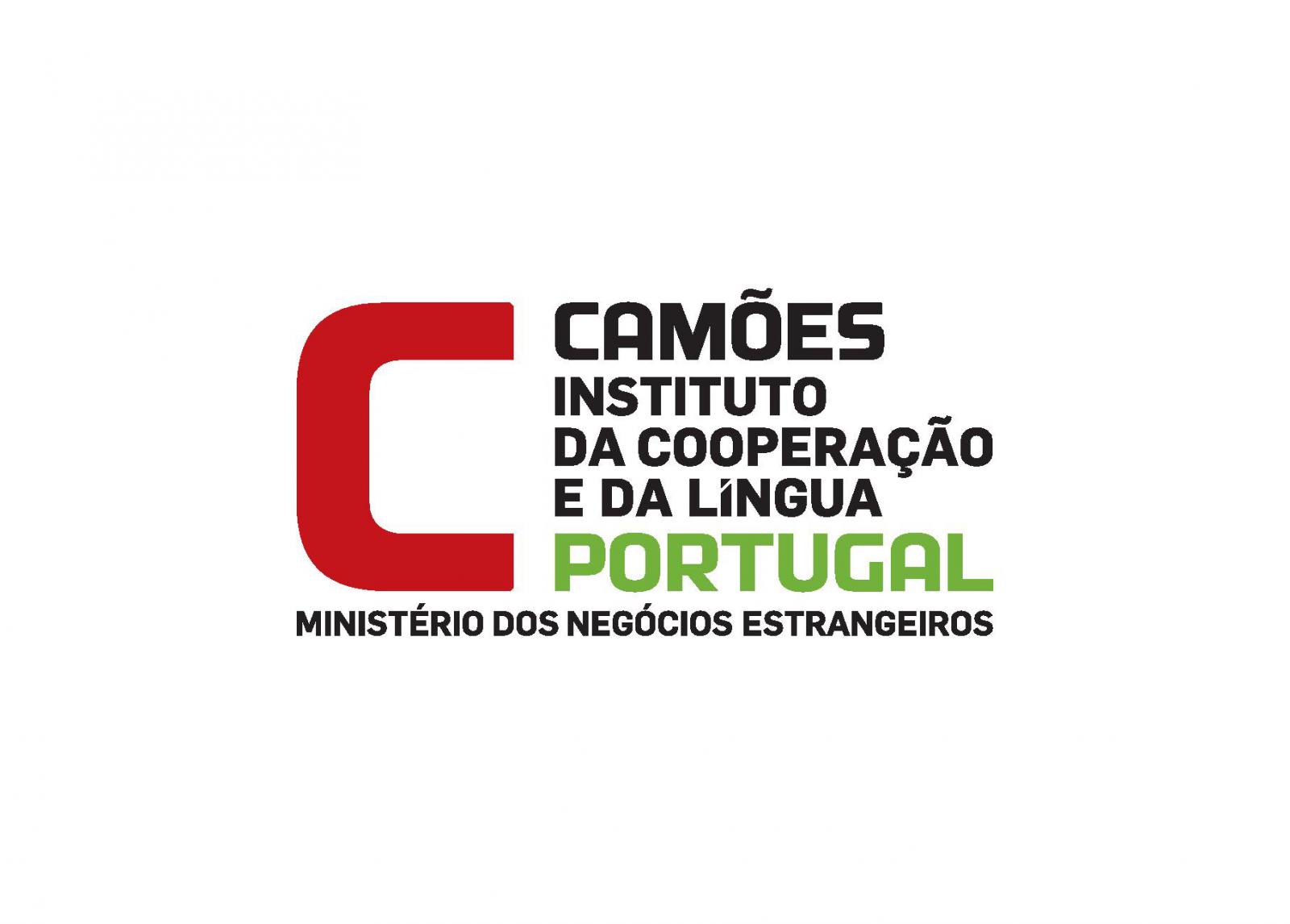
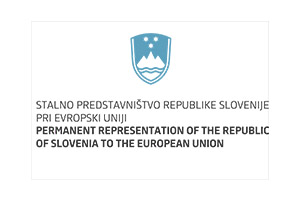
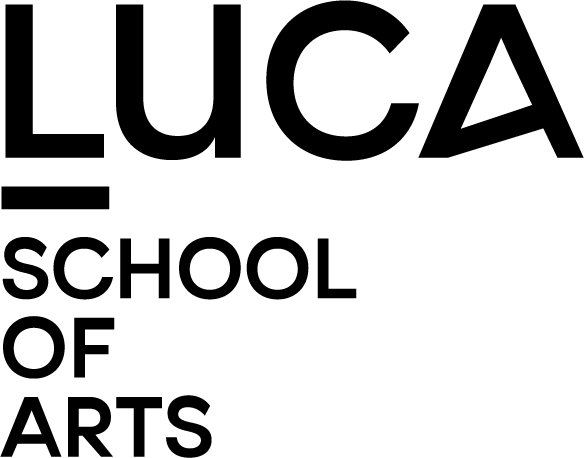
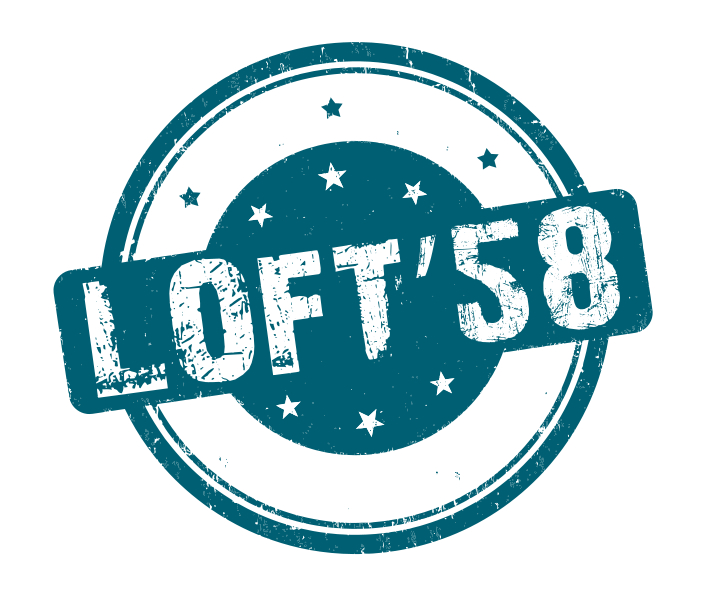

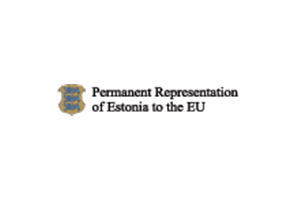
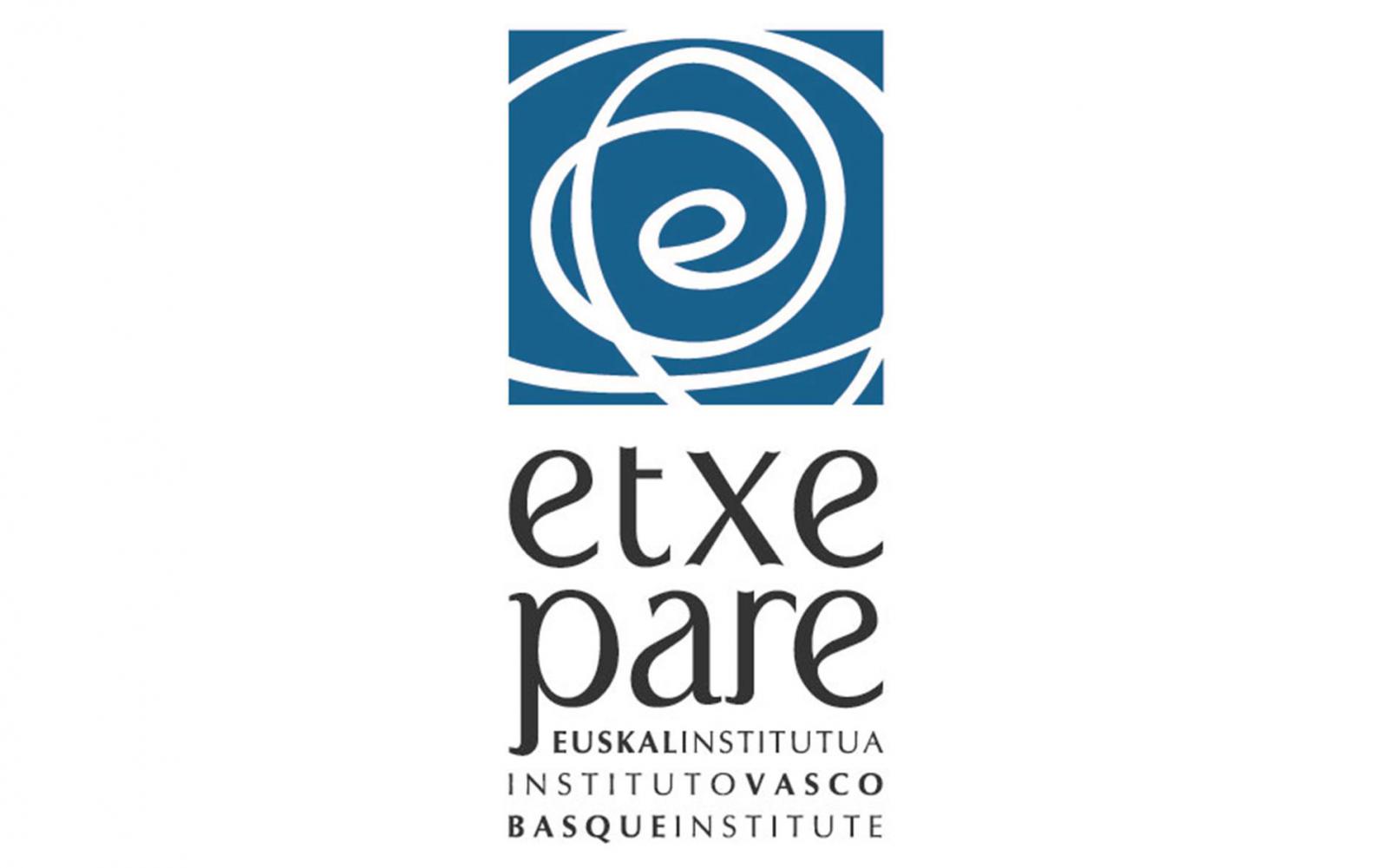




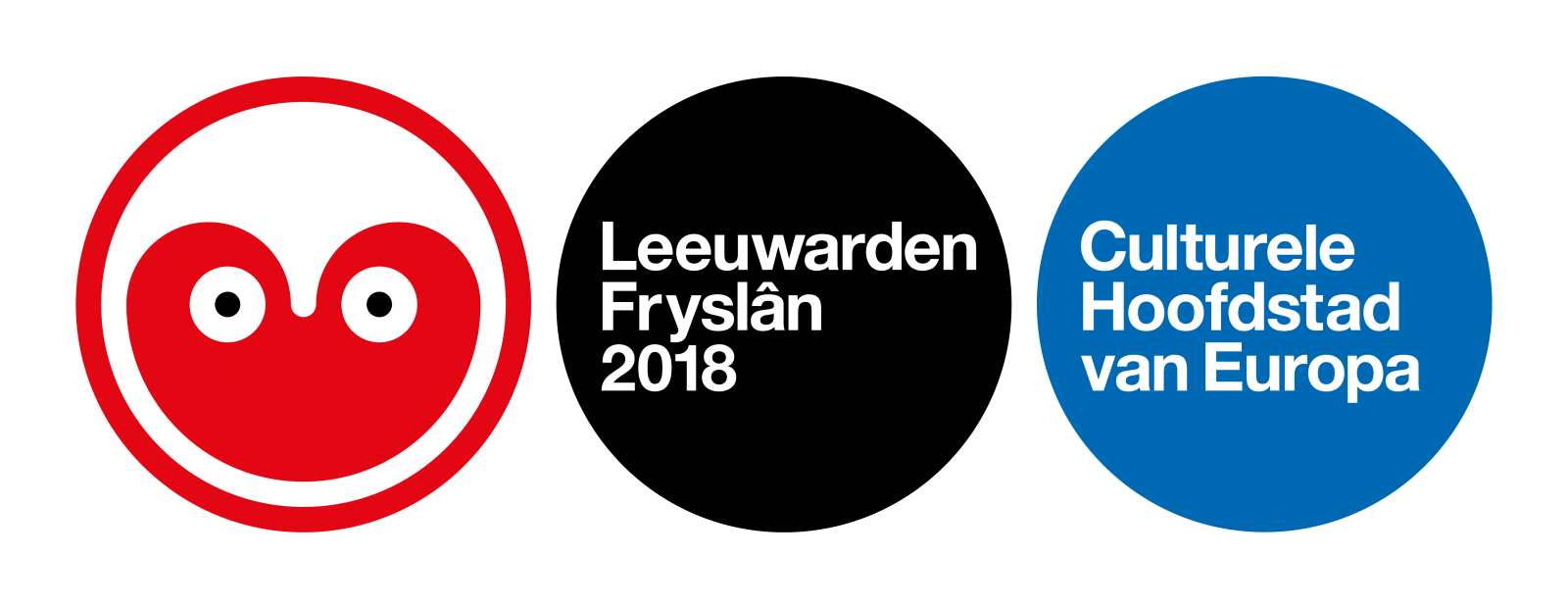
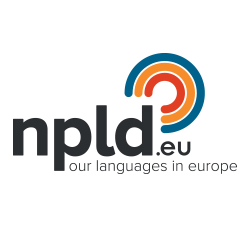



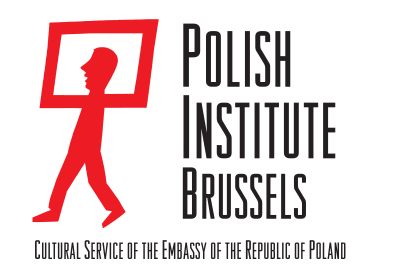


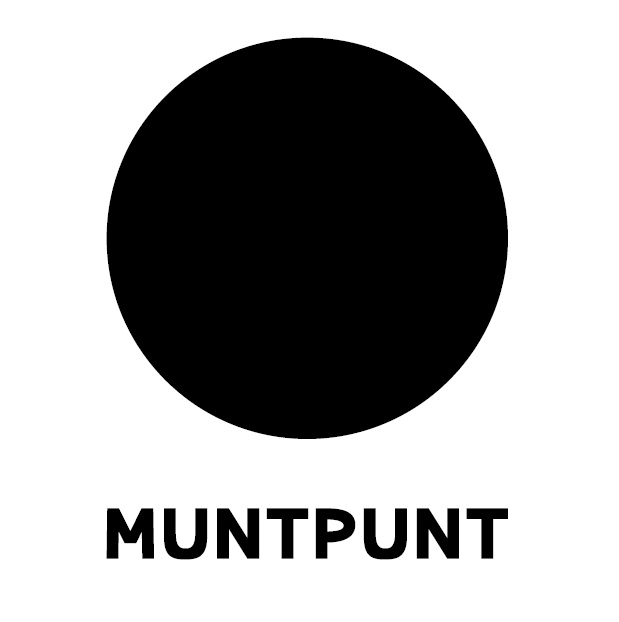
/RO - on the website.png)
